Indication
This is a modern formulation that combines two premier Qi tonifying herbs, based on scientific research together with traditional principles of use. The two herbs, Astragalus root (huang qi) and Codonopsis root (dang shen), have been extensively studied in contemporary China, the findings serving to confirm and clarify the nature of their actions as described in the traditional literature.
Astragalus (huang qi) was first recorded in ‘Shen Nong’s Materia Medica’ (Shen nong ben cao jing), circa 200 CE, under the heading of ‘Superior Class Herbs’. This class of medicinal substances are non-toxic, life nourishing and conducive to longevity. Codonopsis (dang shen), however, first appeared in ‘Encountering the Sources of the Materia Medica’ (ben jing feng yuan) by Zhang Lu (a.k.a. Zhang Lu-yu, Zhang Shi-wan), 1670.
Both herbs benefit the middle Jiao by tonifying the Spleen-Stomach Qi and raising the Yang Qi. However, the actions of Codonopsis root (dang shen) are somewhat milder than those of Astragalus root (huang qi), especially in raising the Yang Qi. The combined actions of these two herbal ingredients provide a medium strength Qi tonic that may readily be used in combination with other more complex formulas, without the risk of giving the patient too many different herbs.
Alternatively, it may be used as a stand-alone tonic for the Qi, which may safely be taken long term without the potential adverse reactions that are associated with the consumption of red ginseng root (or extracts of red ginseng).
The synergistic actions of the herbs are as follows:
Astragalus root (huang qi): tonifies the Qi, tonifies the Spleen Qi and raises the Yang, tonifies the defensive Qi and stabilises the Exterior, promotes the discharge of pus and promotes tissue regeneration, promotes diuresis and alleviates oedema.
Codonopsis root (dang shen): tonifies the middle Jiao (Spleen-Stomach Qi), tonifies the Lung Qi, regenerates the Body Fluids.
Indications:
General debility due to chronic illness
Chronic fatigue syndrome
Age related disorders
Postpartum weakness
Signs & Symptoms:
Fatigue, muscular weakness
Poor appetite, emaciation
Pale complexion
Exertional dyspnoea (shortness of breath on mild exertion)
Hyperhidrosis (sweating on mild exertion, or spontaneous sweating)
Frequent upper respiratory infections
Nocturia
Pale tongue with a thin white coat
Weak pulse
Combinations –
Chronic fatigue syndrome:
BA JI YIN YANG WAN
BU ZHONG YI QI WAN
SHI QUAN DA BU WAN
YU PING FENG SAN
ZHUANG YANG YI JING WAN
QI BAO MEI RAN DAN (Jia Wei)
TAO HONG SI WU WAN
ENERGY TONIC Formula
Leukopenia:
BA JI YIN YANG WAN
BU ZHONG YI QI WAN
QI BAO MEI RAN DAN (Jia Wei)
Poor digestion, abdominal bloating and loose stools:
JIAN PI WAN
Poor digestion, epigastric discomfort and fullness, belching, nausea:
BAO HE WAN
SHEN LING BAI ZHU SAN
TCM Syndromes: Qi deficiency (general),
TCM Actions: Tonifies the Qi, strengthens the Lung & Spleen, strengthens and stabilises the defensive Qi,
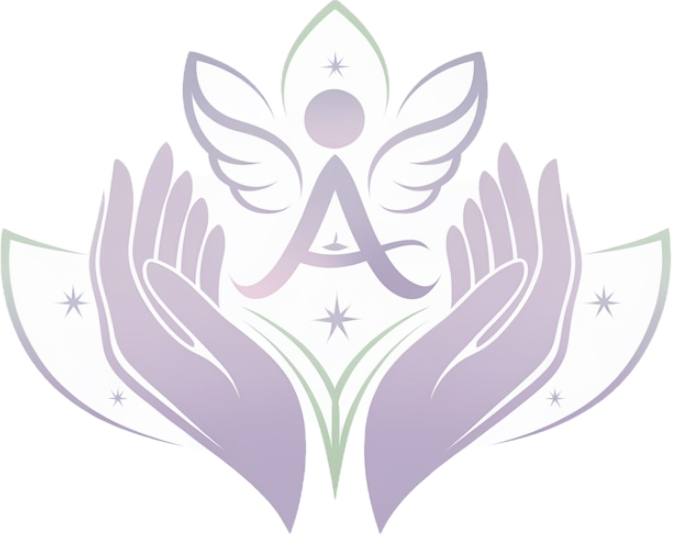
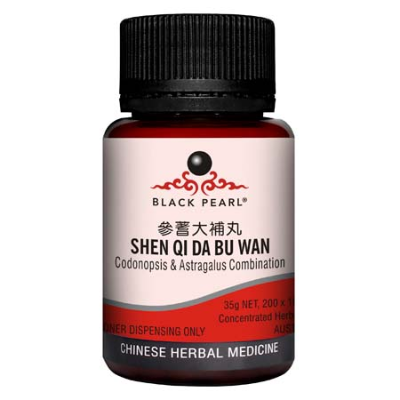
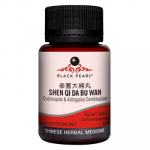


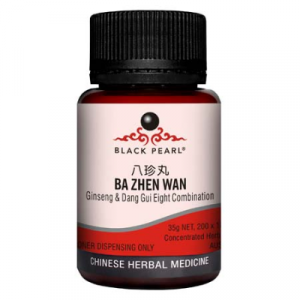

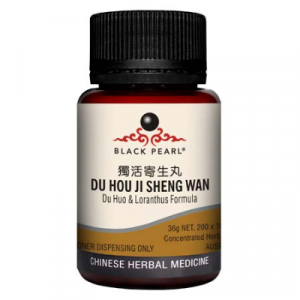
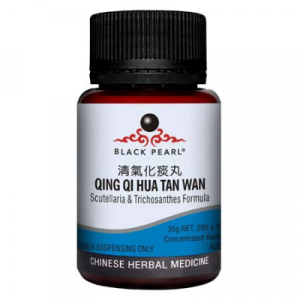
Reviews
There are no reviews yet.